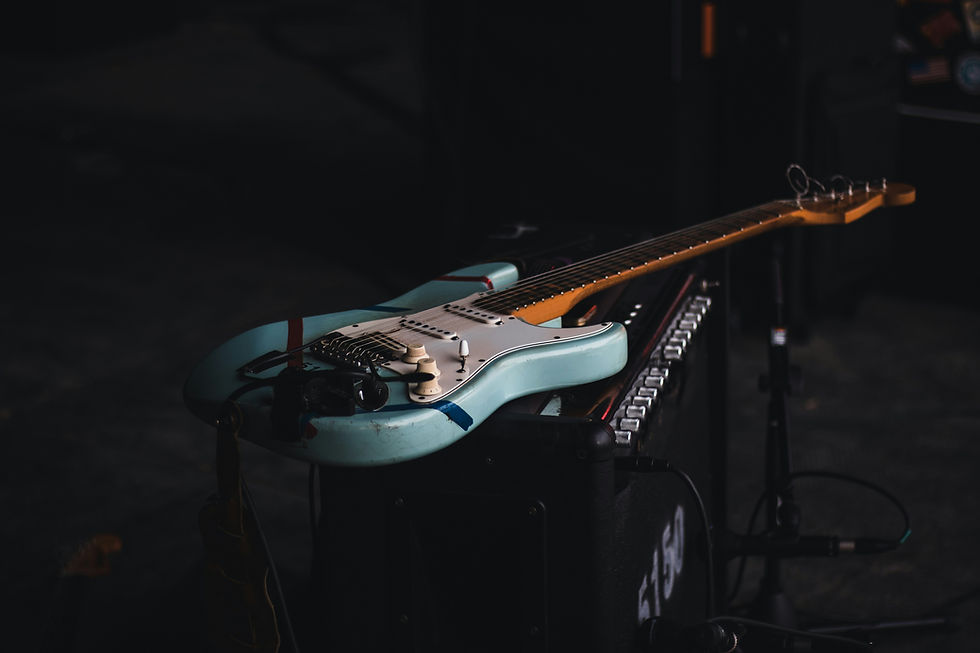The Best Routine
- Michelle Monette

- May 1, 2023
- 2 min read

When it comes to finding a music routine, there are a variety of options for us to choose from. Whether from books, articles, videos, or a teacher, we can acquire pre-built practice plans to help us take our musicianship and creativity to the next level. The degree of intensity will vary, and each will emphasize different material, making it relatively simple to find one we can experiment with. But what will ultimately work best is a routine we build for ourselves. By designing our own, we can deliberately choose material and projects to support our musical goals, address our weaknesses, and make our music time fit within our schedules.
A pre-prescribed routine may go a long way toward helping you with specific areas of your musicianship, like developing a particular technique or other fundamental musical skills. But for many musicians, our interests can be quite broad—requiring a balance between a wide range of material. This might mean combining several different styles of music, practicing multiple instruments, or developing our chops as well as our artistry. Making your own plan means you can focus on your interests, and make room for all aspects of your musical personality.
We are also able to get more out of our music time when we can select material to target our specific weaknesses. Following someone else’s routine might mean focusing more on areas where you’re already competent, which won’t help you with what you can’t do well. Although leaning into our strengths when creating music is a great strategy for developing our unique sound, we don’t want to shy away from what needs work. This is especially true with aspects of our core musicianship, like time feel, technique, or aural skills. Taking stock of what needs the most improvement, and then creating a routine to prioritize those things, will keep you moving forward while also reinforcing and securing your musical foundation.
Since we all have vastly different schedules and life obligations, trying to squeeze someone else’s plan into your calendar will likely be frustrating and ineffective. Take an honest look at all of your existing commitments, and then organize your music time in a way that makes sense for you. It can be as rigid or as flexible as you need, and can accommodate not only your available time, but also your ideal energy levels. You’ll be more likely to stick with music if it works in harmony with the other important areas of your life.
Creating your own routine allows you to take control of your musical life, ensuring you get the most out of your time and your experience with music. Try building your own, or modifying and combining those from other musicians. You can even enlist the help of a teacher if you feel you need some guidance at any point. Just remember: the best routine will be one created for you, by you.







Comments